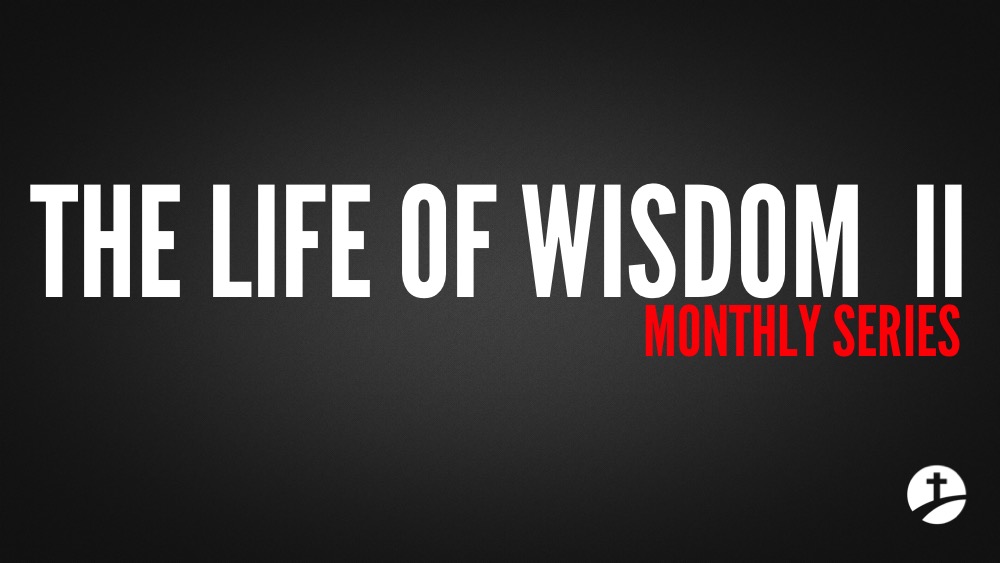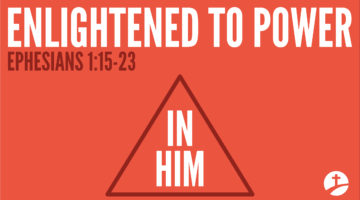Proverbs 19:21, “Many are the plans in a person’s heart, but it is the Lord’s purpose that prevails.”
Have you ever wondered how God works with man’s free will choices and still remains in control of everything? In other words, if God knows our end from the beginning how does He actually allow us to make our own decisions and not make us His fatalistic robots? And if God ultimately already knows what were going to do, doesn’t that remove our ability to act freely?
Many great theologians have spent their entire scholarly lives trying to understand the relationship between God’s sovereignty and man’s free will. God’s sovereignty means, “God can do whatever pleases Him, whenever it pleases Him” (Psalm 115:3). On one hand, God sovereignly chose Jacob over Esau, Israel over Egypt and the Jews over the Gentiles as His special people, without anything to do with their choice (Romans 9-11).
On the other hand, God sovereignly chose for humanity to choose with our own free will whether we want His blessings or curses (Deuteronomy 28), have life or death (Deut. 30:19) and whether or not we would accept of reject Jesus’ free gift of salvation (James 4:8). Free will means, “to be able to choose ‘a’ or not ‘a’ without outside influence.”
This kind of “contra-causal choice” (choice that derives from the individual alone and not by the cause of another agent or force) is exactly what Joshua described at the end of his life. He said, “But if serving the Lord seems undesirable to you, then choose for yourselves this day whom you will serve, whether the gods your ancestors served beyond the Euphrates, or the gods of the Amorites, in whose land you are living. But as for me and my household, we will serve the Lord” (Joshua 24:15).
God foreknows our choices and determines our steps and consequences. However, His foreknowledge doesn’t change our responsibility. We will rise or fall based on our own humility or pride.
King Solomon in today’s proverb gives the simple solution to understanding the supposed problem between God’s sovereignty and man’s free will. Simply said, “Man freely chooses his plans in his heart and God freely chooses what purpose He will accomplish with man and the choices he made.” Man is free to make his own choices, but God determines the consequences, whether they are bad or good. William Lane Craig wrote, “We are not causally determined to make all the choices we make; rather many choices are up to us and are therefore free choices. We are held accountable for such choices because they are not the result of random brain events but are undertaken for reasons which we weigh and act upon.”
For example, you may make plans to move to a new house on Grey Street, however, for God’s purpose to come to pass, He may close the door and make available another house on Brown Street. Even though your plans were changed by God’s sovereignty to fulfill His bigger purpose, you were still able to freely make your choice. You can follow the leading of the Lord or rebel and try to move into Grey Street anyways, either way it will be your choice. Ultimately, everything will work out for God’s good plan, but not everything will work out for your good. For things to work out for your good, you have to willingly love and serve God (Romans 8:28).
Therefore, we as Christians shouldn’t say, “There is no point in trying to do anything, because whatever God wants to come to pass will happen.” Fatalistic thinking will lead to our destruction because it is rooted in disobedience. We cannot use God’s foreknowledge and sovereignty as an excuse on Judgment Day. God has commanded us to be faithful and obedient. Take some to learn from Jesus’ parables found in Matthew 25, about how He expects us to be faithful virgins, hardworking stewards and compassionate sheep.
The Christian can be confident that God has given us freedom of choice. We are not pre-programmed robots or animals that live by mindless instinct. At the same time, we should always be aware of God’s bigger plans and purposes in our lives. We should make the right choices when God gives us the power to act and trust Him when He works out everything for His purpose.
Reflection
Action
- Think of 2-3 plans you are making in this season of your life.
- Commit your plans to the Lord in prayer.
- If God changes your plans, trust Him that His purpose is for your good.



